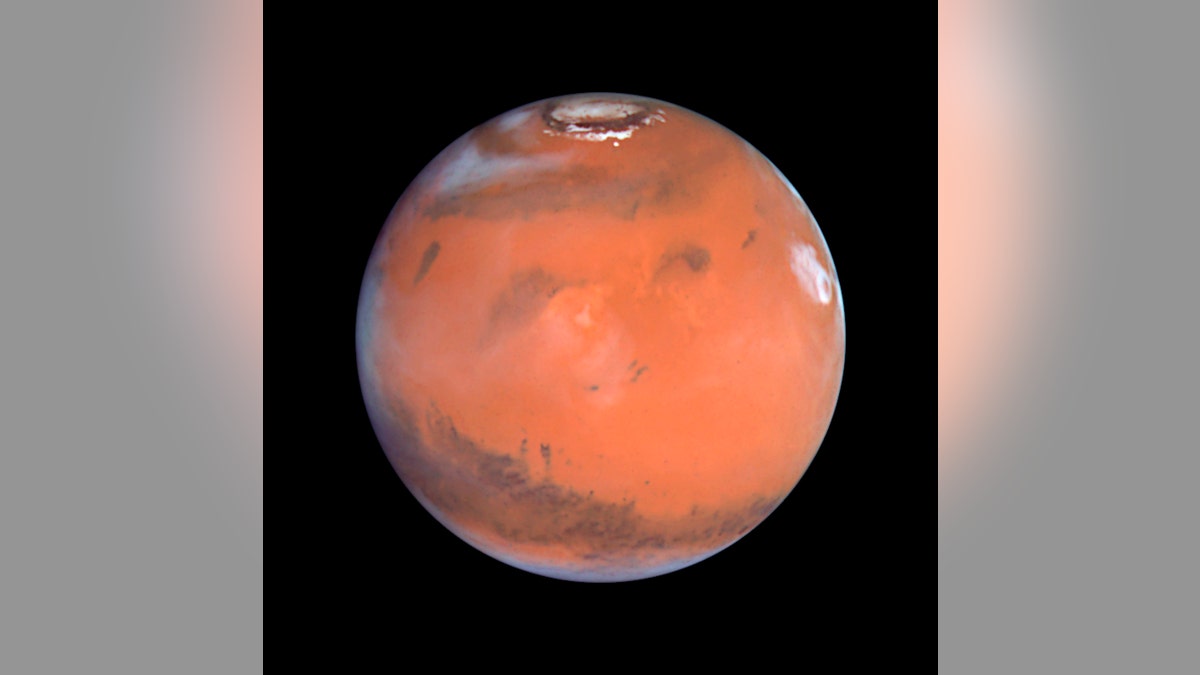
File photo. (REUTERS/NASA/Handout)
You can help choose one of the science payloads that a Mars colonization effort will launch toward the Red Planet in 2018.
The Netherlands-based nonprofit Mars One has selected 10 finalists from dozens of proposed payloads submitted by university groups around the world. One of these experiments will be chosen to fly on Mars One's robotic lander mission in 2018 — and the public will pick the winner.
"These 10 final projects are unique and creative, and we are very happy with the payload proposals these teams have presented," Mars One co-founder and chief technical officer Arno Wielders said in a statement. "It would be highly interesting to see each and every one of these projects being launched to Mars. Now it is up to the public to decide which project they would like to have on Mars."
The 10 finalists are a diverse group. One of the experiments would use cyanobacteria to convert carbon dioxide from Mars' atmosphere into oxygen, while another would demonstrate the production of oxygen from water in the Red Planet's soil. Two of the proposed payloads would attempt to grow plants in self-contained greenhouses on Mars.
Voting will open early this month and run through Dec. 31, Mars One representatives said. You can find more information, including a complete list and description of all 10 finalists, here.
Mars One aims to land four people on the Red Planet in 2025 as the vanguard of a permanent colony. New crews would arrive every two years thereafter, building up the settlement. At the moment, there are no plans to bring any of these pioneers back home to Earth.
The 2018 mission will send a robotic lander and orbiter to Mars to demonstrate some of the technologies necessary for human settlement. Other unmanned missions in 2020 and 2022 will launch a scouting rover and lots of cargo to the Red Planet.
Mars One plans to pay for its ambitious activities primarily by staging a global media event around the entire effort, from astronaut selection through the colonists' time on the Red Planet. More than 200,000 people applied to be Mars One astronauts; about 700 candidates remain, and interviews will soon narrow this pool down further.








































